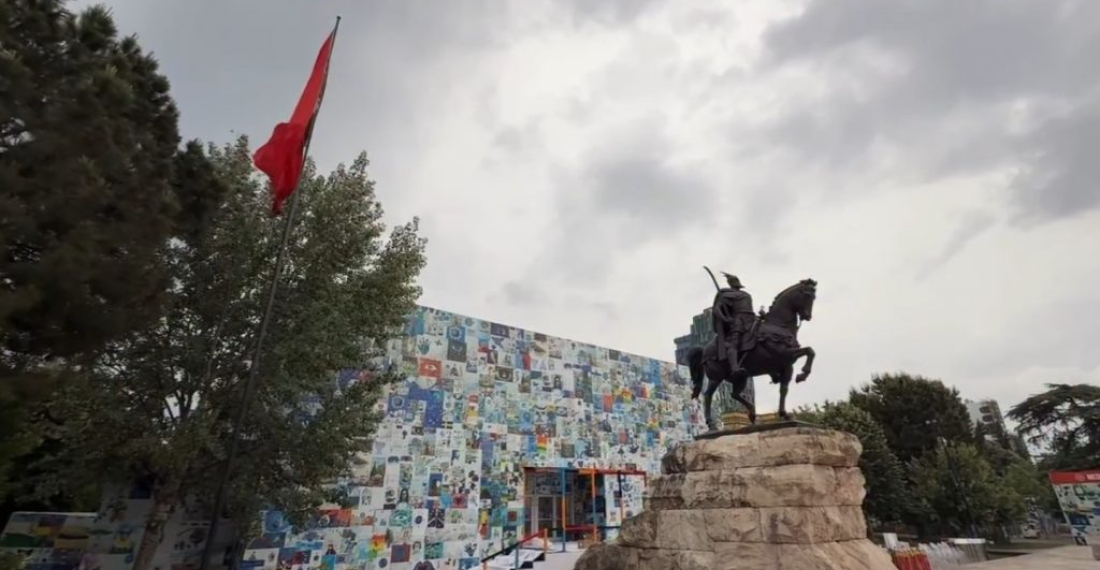The leaders of 47 European countries and organizations are gathering Friday 16 May for a one-day summit in Albania’s capital Tirana to discuss security and defense challenges across the continent, with the Russia-Ukraine conflict at the top of the agenda. The theme of the European Political Community (EPC) summit in Tirana is “New Europe in a new world: unity - cooperation - joint action.” The gathering will also address ways to improve the continent’s competitiveness and tackle unauthorised migration.
The EPC will also be a setting for leaders to meet bilaterally, or in small groups, to weigh in on major security issues. The inaugural summit in Prague in 2022 saw the leaders of Armenia and Azerbaijan holding rare talks in an effort to ease tensions between the longtime adversaries.
Ukrainian President Volodymyr Zelenskyy is among the leaders invited to the event in Tirana. Last weekend, Zelenskyy hosted French President Emmanuel Macron, U.K. Prime Minister Keir Starmer, German Chancellor Friedrich Merz and Polish Prime Minister Donald Tusk in Kyiv, where they made a joint call for a 30-day end to hostilities.
“As Russia’s war of aggression against Ukraine continues, its consequences stretch far beyond Ukraine’s borders, straining our security and testing our collective resilience,” Albanian Prime Minister Edi Rama and European Council President António Costa wrote in their EPC summit invitation letter.
The last summit, hosted by Hungarian Prime Minister Viktor Orbán, a supporter of U.S. President Donald Trump, was dominated by the concerns and opportunities that might arise in the wake of Trump’s reelection
Rama’s governing Socialist Party won Albania’s parliamentary elections held on 11 May, attracting voters who support the country’s long and somewhat uphill effort to join the European Union. The vote secured a fourth term for Rama.
The EPC forum is Macron’s brainchild, and was backed by former German Chancellor Olaf Scholz, aiming to boost security and prosperity across the continent. But critics claimed it was an attempt by them to put the brakes on EU enlargement. The 2022 inaugural summit involved the EU’s 27 member countries, aspiring partners in the Balkans and Eastern Europe, as well as neighbors like the UK and Turkey.
Russia is the one major European power not invited, along with Belarus, its neighbor and supporter in the war with Ukraine. The next EPC meeting will take place in Denmark later this year.
Source: commonspace.eu with agencies. Photo: Tirana. Albanian Telegraphic Agency







